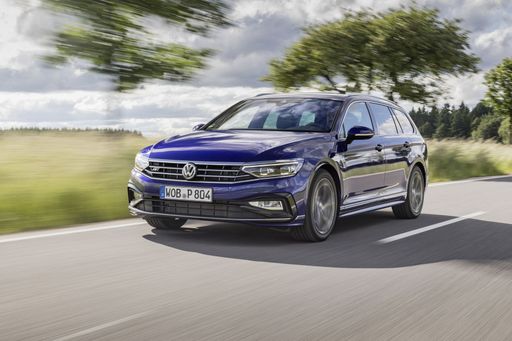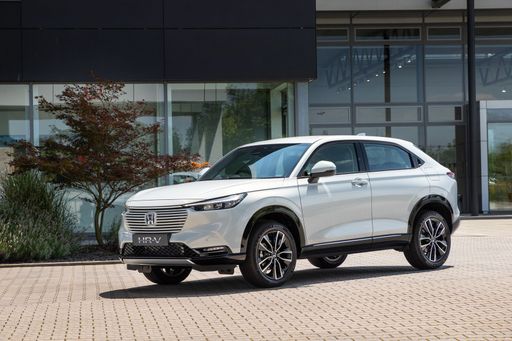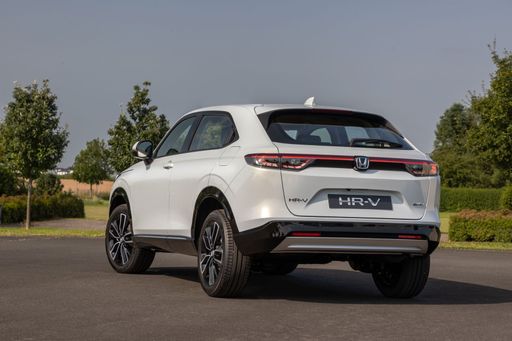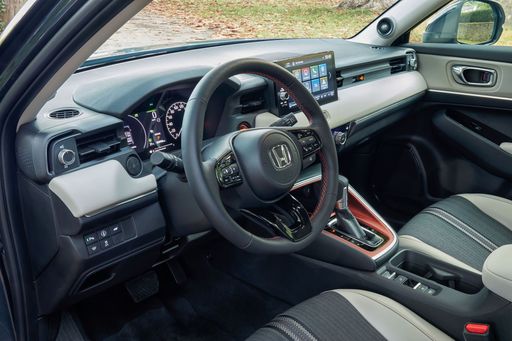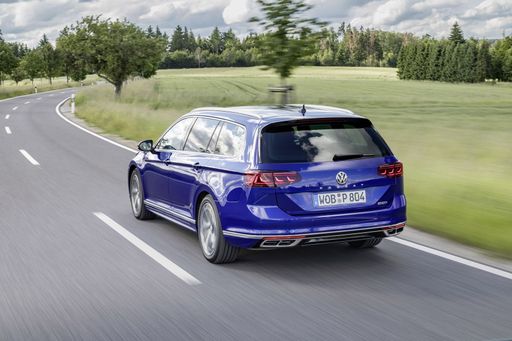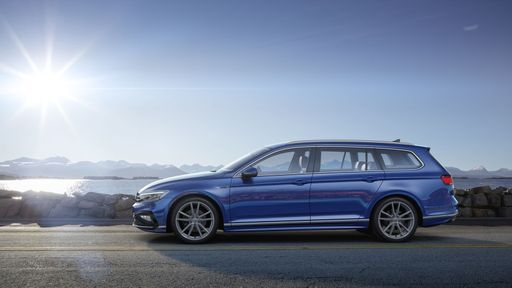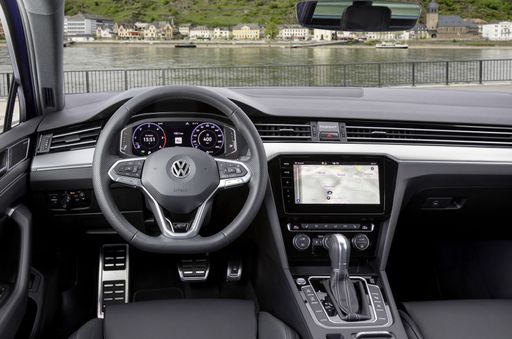Compact Crossover vs. Versatile Wagon: Honda HR-V vs. VW Passat
When it comes to choosing the right car, potential buyers often find themselves torn between vehicle types and features. In this comparison, we delve into two very distinct options: the Honda HR-V and the Volkswagen Passat. These cars cater to different needs but are both excellent choices in their respective segments. Let's explore the technical aspects and innovations they bring to the table.

